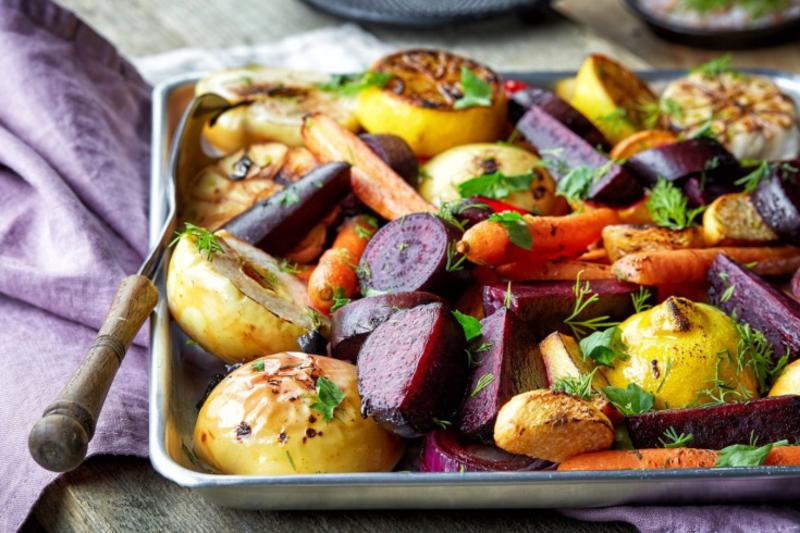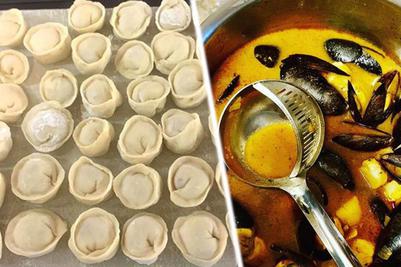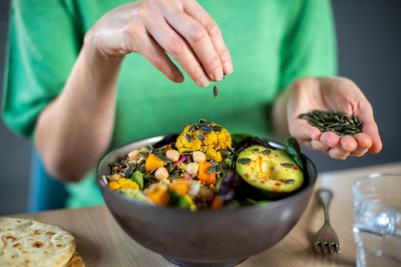These products are especially necessary for everyone in the season of colds and vitamin deficiency.
Winter is a difficult period for our health. The body requires more attention and care, because it has to deal with cold, lack of sunlight, vitamin deficiency and virus attack.

Nata Gonchar
President of the Association of Nutritionists and Health Coaches (ANKH)
To cope with such a load, it is necessary to fully eat, getting useful substances. In the menu, you need to add foods rich in vitamin D, unsaturated fats, protein and root vegetables necessary to maintain immunity and body function.
Root vegetables are the basis of the autumn-winter diet of almost every inhabitant of Russia. Stocks of food provisions during the cold season necessarily include potatoes, carrots, beets and other gifts of the harvest season.
Such products are rich in useful substances that are necessary for the body during vitamin deficiency. They contain nutrients (sugars, mineral salts, inulin and others), carbohydrates, fiber and vitamins.

The content of vitamins in the product largely depends on the method of its preparation. It is recommended to bake root vegetables or eat them raw in order to get the maximum amount of vitamins and vegetable fiber without increasing the glycemic index.
The glycemic index is an indicator indicating the rate of breakdown of foods in the body and their conversion into glucose and the amount of insulin secreted by the pancreas in response to this product.
In winter, I recommend to diversify the menu and add dishes with carrots, rutabaga, sweet potatoes, turnips and celery to it.
Carrot
Juicy root vegetable with an abundance of vitamins, macro- and microelements. The product has a restorative effect on the body, supports strength, helps to fight cholelithiasis and excess kilograms.
Carrots have a laxative effect, they contain a lot of fiber and 87 g of water per 100 g of the product, which has a positive effect on the weight loss process.
Regular consumption of this vegetable helps to cleanse the intestines and improve its work. The root crop has a record content of beta-carotene: if you eat up to 200 g of vegetables per day, you can fill the daily need for vitamin A.

To better absorb carotene, eat carrots along with unsaturated fats, for example, season a salad of vegetables with olive oil.
Important: carrots should not be eaten by people with allergies to it, and patients with enteritis (inflammatory lesion of the mucous membrane of the small intestine), gastric ulcer and duodenal ulcer should limit their use.
How to eat with GERD? The link listed the products that should be excluded from the diet.
Turnip
A delicious fruit with a rich vitamin and mineral composition, which is not lost even with prolonged storage. This root vegetable helps to support immunity in winter due to its abundance of vitamins A, C, B, B9 and PP, calcium, essential oils.
The juice of fresh turnips has a soothing, diuretic, antiseptic and anti-inflammatory effect. The product effectively dissolves kidney stones, helps to stabilize fat metabolism, improves intestinal function.

A low-calorie root vegetable (28 kcal per 100 g) is suitable for dietary nutrition and is useful for people with diabetes mellitus (turnips have a low glycemic index). The product can be baked, boiled or eaten raw.
The turnip contains glucoraphanin, a substance with an anti—cancer property that helps to remove toxins from the body.
Important: people with stomach ulcers, acute colitis, gastroenteritis and other intestinal diseases can not eat raw turnips. Fresh root vegetables can provoke irritation of the gastrointestinal tract.
Radish
A unique root vegetable that can fill the body's daily need for magnesium, potassium and calcium if you eat 100 g of this vegetable a day.

Radish has a rich vitamin composition (C, PP, B, B6, B2), which strengthens the immune system and eliminates deficiencies. It is considered to be a real natural antibiotic, because it actively fights pathogenic bacteria and protects against virus attacks. It is also known for its high antioxidant activity and antimicrobial properties.
Due to the content of essential and mustard oils in radish, its use stimulates appetite (secretion of gastric juice), improves digestion, helps in the treatment of chronic hepatitis and cirrhosis of the liver (has a choleretic effect). It is best to use fresh root vegetables as an ingredient for salads.
Important: excessive consumption of radish can cause bloating, so it is not recommended to eat the product for diseases of the gastrointestinal tract.
Sweet potato
A delicious analogue of the classic potato, it can be eaten raw. Sweet potato tubers come in different varieties, but the most popular sweet potato variety is considered to be byugard (or beauregard). It has a short ripening period — about 90 days, the roots are smooth, long, well stored.

Sweet potatoes are rich in vitamins, fiber and nutrients. It is an excellent source of vegetable protein, carbohydrates, B vitamins, vitamin C, potassium and calcium.
100 g of the product contains up to two daily norms of vitamin A, which is necessary to maintain eye health, skin elasticity and rapid wound healing. The antioxidant effect promotes the production of collagen.
Fat-soluble vitamin A is better absorbed in combination with fats, so it is recommended to use the vegetable with the addition of vegetable oils.
It is important to note that one medium sweet potato baked in the peel contains 15% of the daily value of vegetable fiber.
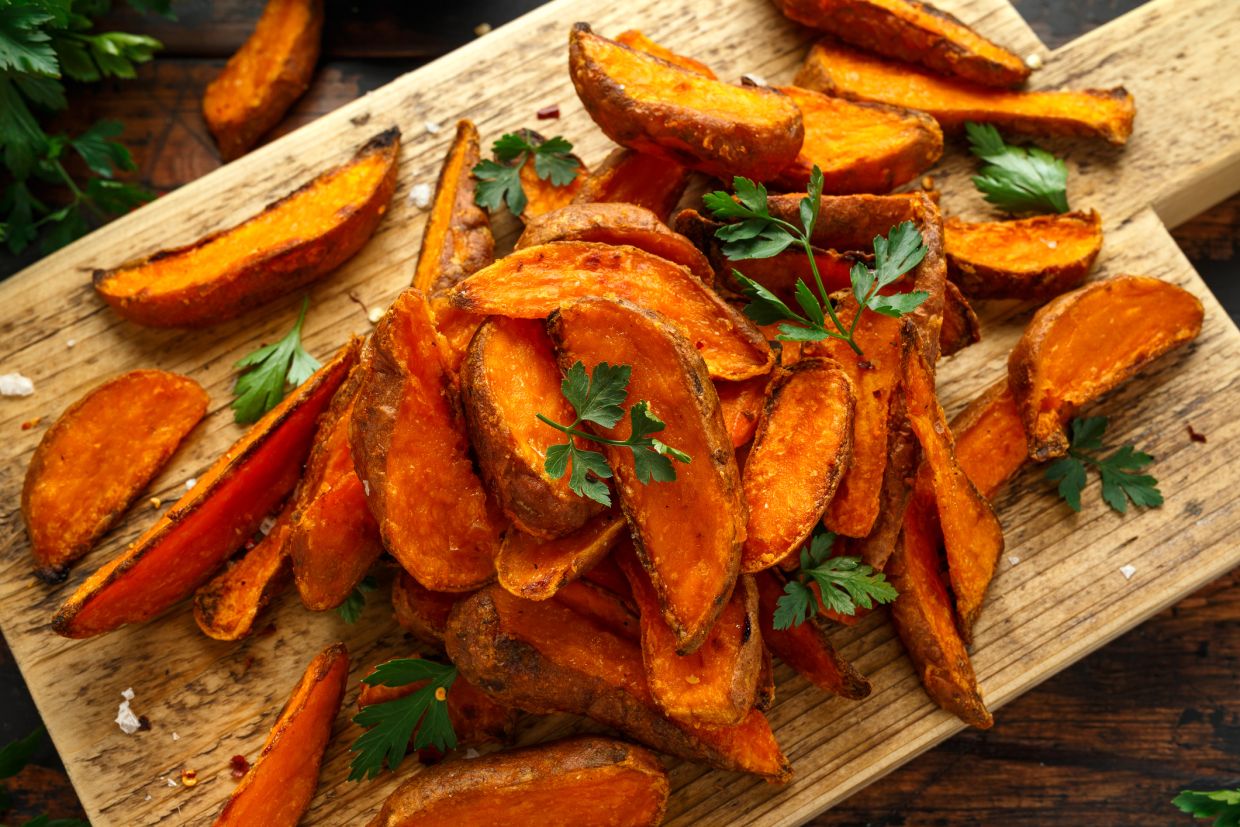
Purple-tinged root vegetables contain anthocyanins that have antidiabetic, antitumor, anti-inflammatory and antimicrobial effects. Such products effectively protect against the development of obesity, reduce the risk of cardiovascular diseases.
How to properly and deliciously fry vegetables? Here you will find a step-by-step recipe from the chef.
Cook sweet potatoes in the peel to preserve fiber and trace elements as much as possible. It can be used to make healthy chips, casserole, frittata, baked fruits with vegetables and many other dishes.
Important: sweet potatoes should be used with caution for ulcerative colitis, kidney pathologies, pregnancy and lactation, individual intolerance to the product.
Celery
Another useful root vegetable. You can eat the stem and root, which has a pleasant nutty aroma.
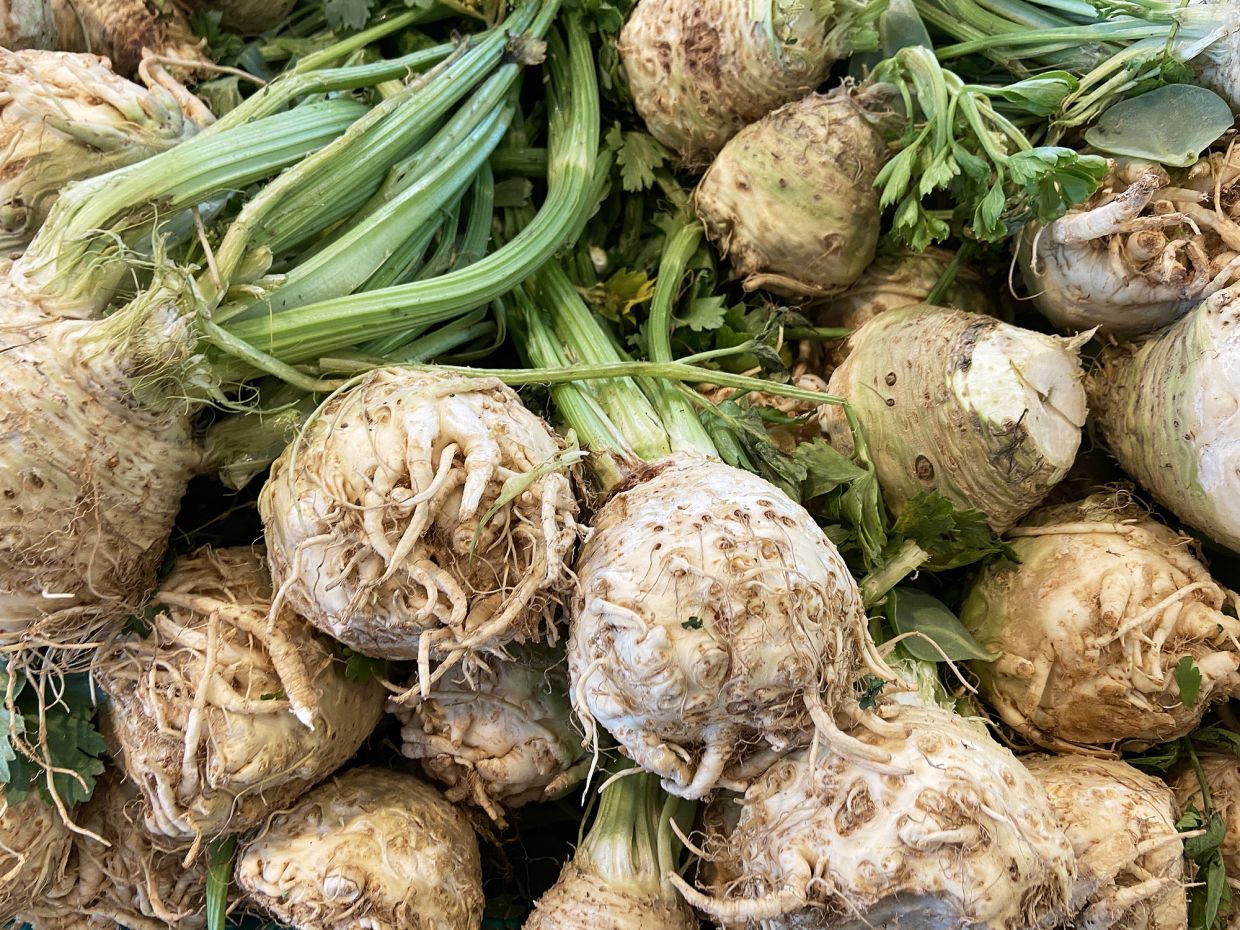
Celery contains vitamins C, B6, phosphorus and potassium. It is very useful for the cardiovascular system, helps to control the level of sugar and cholesterol in the blood. It also has anti-inflammatory, antifungal and antibacterial properties.
The product helps to fight puffiness and removes excess fluid from the body. Great for diet menus, it can be added as a component to smoothies for satiety.
Important: celery, like other root vegetables described above, is not recommended for diseases of the gastrointestinal tract, kidneys and liver, gout, individual intolerance to the components of the product and during pregnancy.
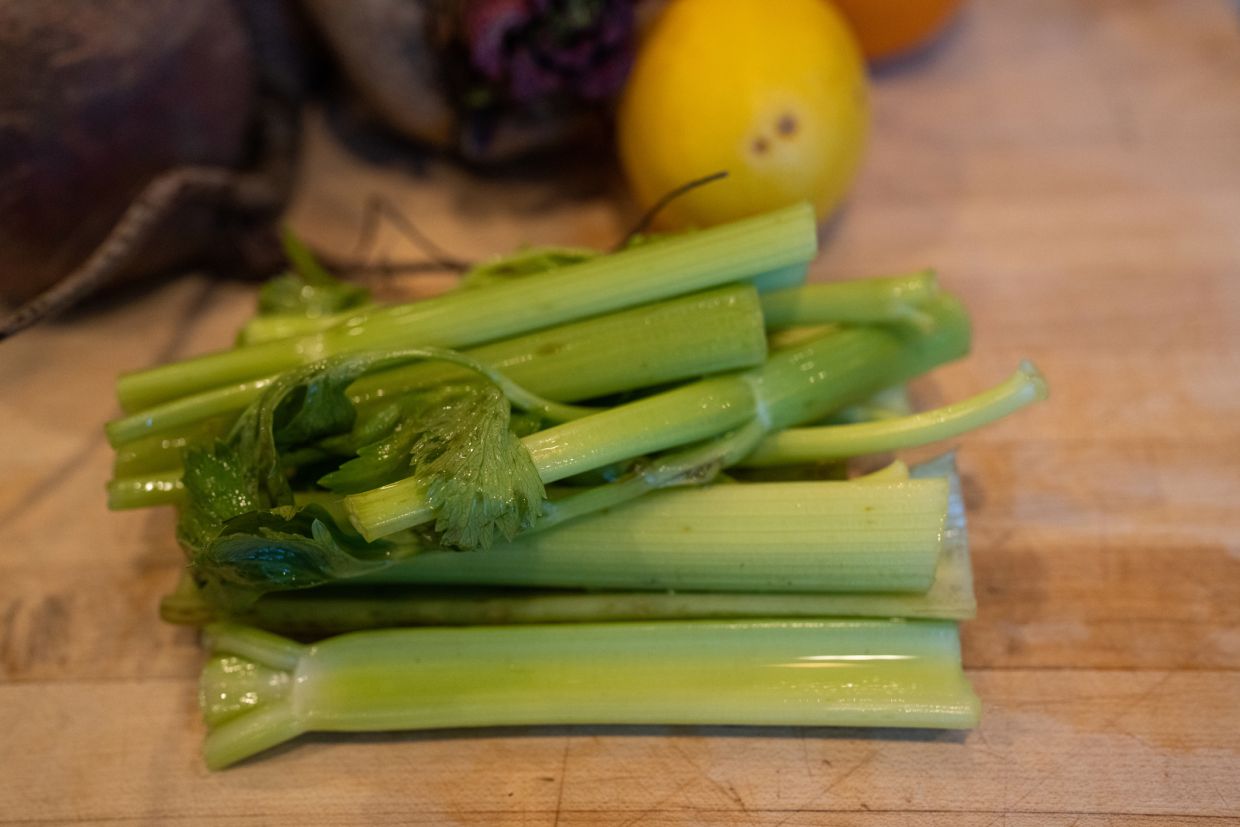
Despite the benefits of root vegetables, you should not overeat them. They contain a lot of starch, carbohydrates, and sugars. Excess can lead to weight gain and metabolic disorders.
Do not forget to drink enough liquid — it can be not only pure water, but also unsweetened compotes and fruit drinks, herbal teas.
It is useful to add dried fruits, herbs and spices to the diet, which activate the protective functions of the immune system and help maintain health in winter.
Source: championat
Follow us on в Telegram
